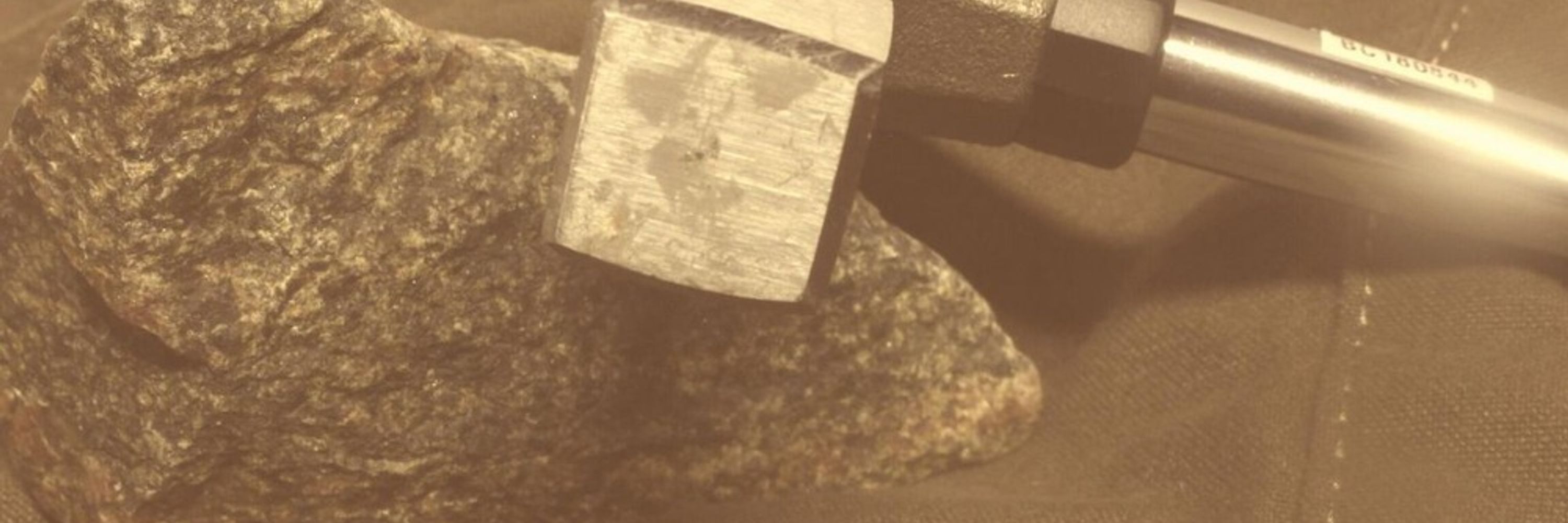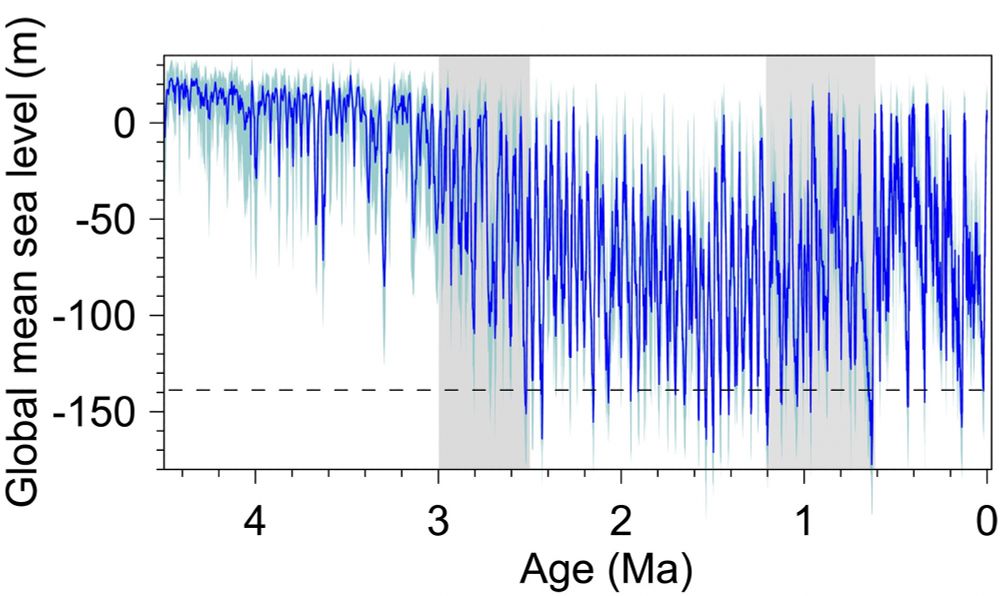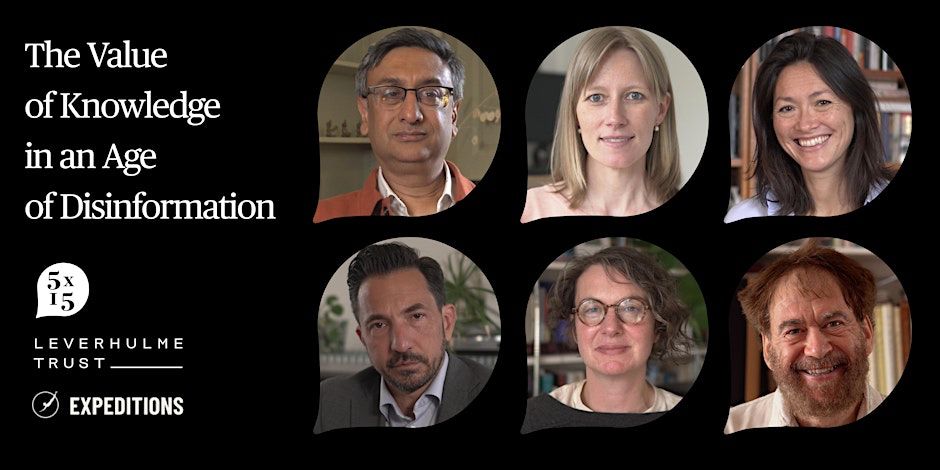
Matthew L. Staitis
@staitis.bsky.social
810 followers
870 following
140 posts
PhD student at the University of East Anglia
Investigating PETM biotic/environmental change Paleoclimate|Micropaleo|Geochemistry
https://www.youtube.com/channel/UCbpInDqTLp9_newr47g5CLA
Posts
Media
Videos
Starter Packs
Pinned
Reposted by Matthew L. Staitis
Reposted by Matthew L. Staitis
Reposted by Matthew L. Staitis
Reposted by Matthew L. Staitis
Reposted by Matthew L. Staitis
Reposted by Matthew L. Staitis
Ian Hall
@ianhall.bsky.social
· 10d

Towards annual updating of forced warming to date and constrained climate projections - Nature Communications
This study shows that incorporating observations from every new year in constrained projections of forced warming improves estimates of the expected warming in response to different emission scenarios...
www.nature.com
Reposted by Matthew L. Staitis
Reposted by Matthew L. Staitis
Reposted by Matthew L. Staitis
David Roberts
@volts.wtf
· 19d

Destabilization of Earth system tipping elements - Nature Geoscience
A review of observation-based evidence suggests that four interconnected Earth system tipping elements have moved towards their critical thresholds, highlighting the need for better monitoring and increased mitigation efforts.
www.nature.com
Reposted by Matthew L. Staitis
Ian Hall
@ianhall.bsky.social
· 19d

Extremely poleward shift of Antarctic Circumpolar Current by eccentricity during the Last Interglacial - Nature Communications
The Antarctic Circumpolar Current (ACC) since the Last Interglacial is reconstructed, showing orbital-scale shifts in ACC position driven by eccentricity and precession, possibly counteracting the predicted southward shift due to global warming.
www.nature.com
Reposted by Matthew L. Staitis
Reposted by Matthew L. Staitis
Reposted by Matthew L. Staitis
Ian Hall
@ianhall.bsky.social
· 26d

Ocean stratification in a warming climate - Nature Reviews Earth & Environment
Ocean stratification — density-related layering of seawater — influences oceanographic and climatic processes. This Review outlines observed and projected changes in stratification, noting a 0.8% dec−1 increase in 0–2,000 m stratification from 1960–2024, and a further 1.4% dec−1 increase by 2100 under SSP2-4.5.
www.nature.com
Reposted by Matthew L. Staitis
Reposted by Matthew L. Staitis
Reposted by Matthew L. Staitis
Reposted by Matthew L. Staitis






















